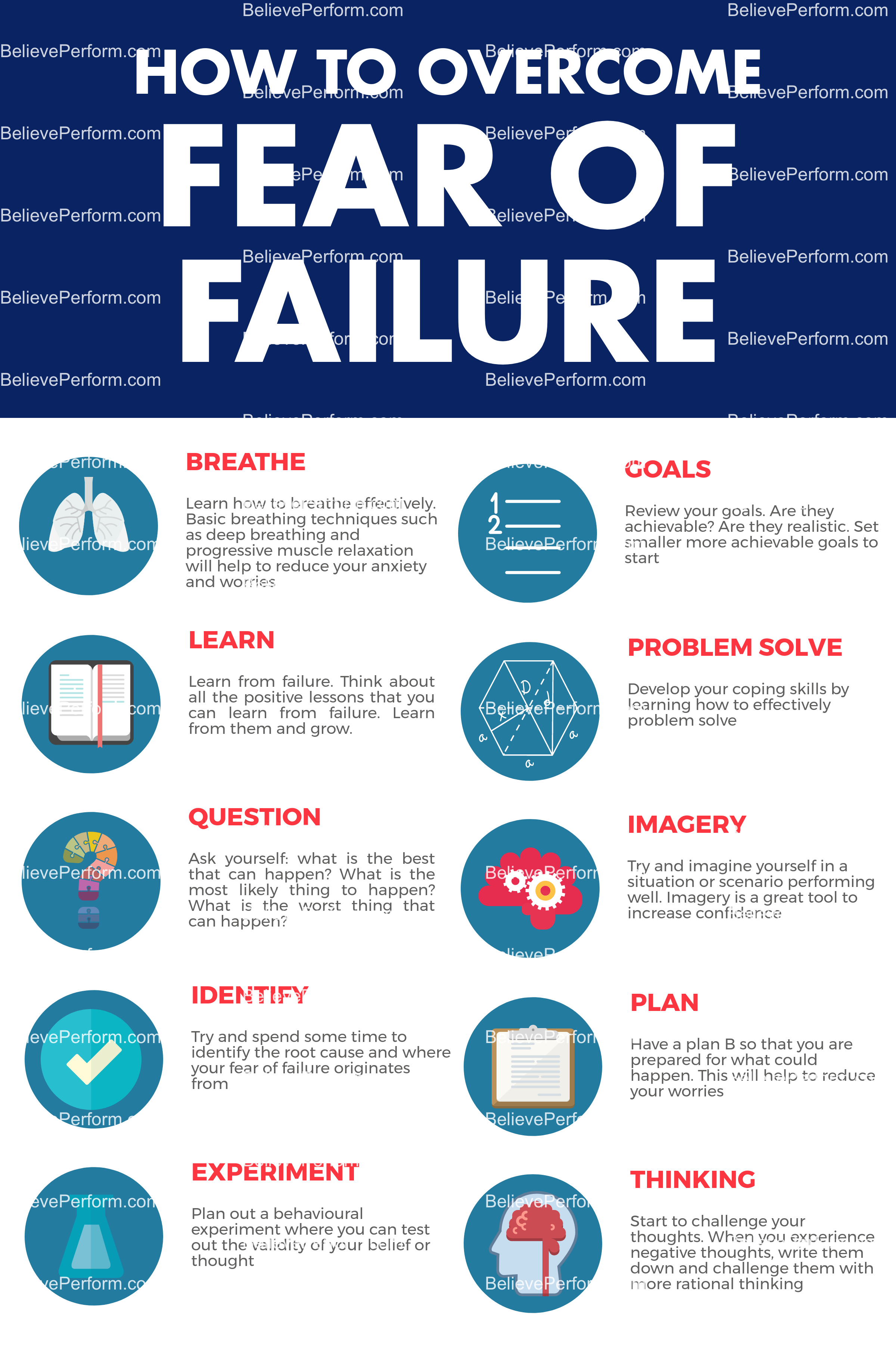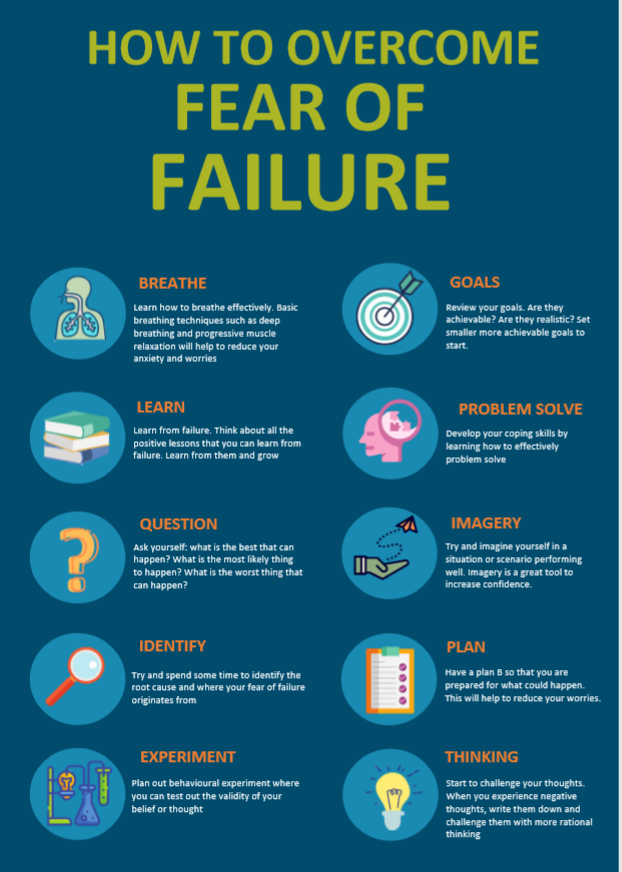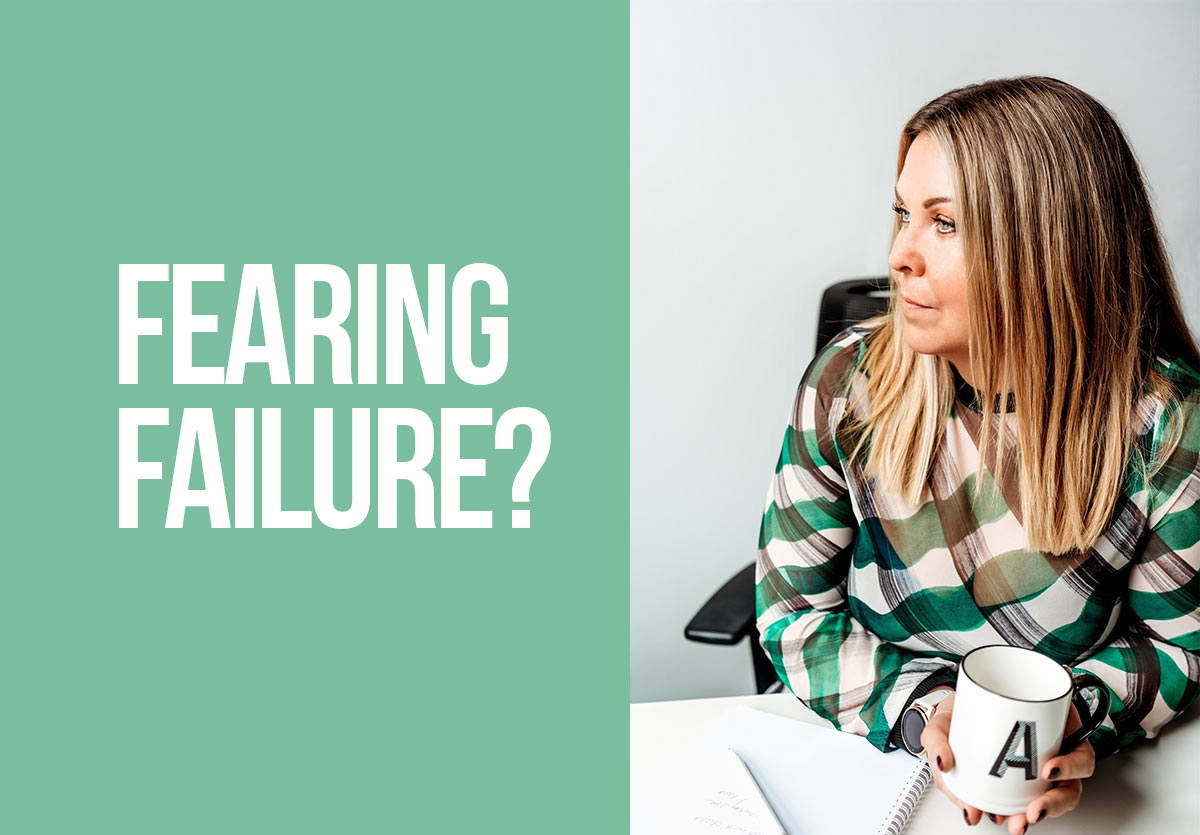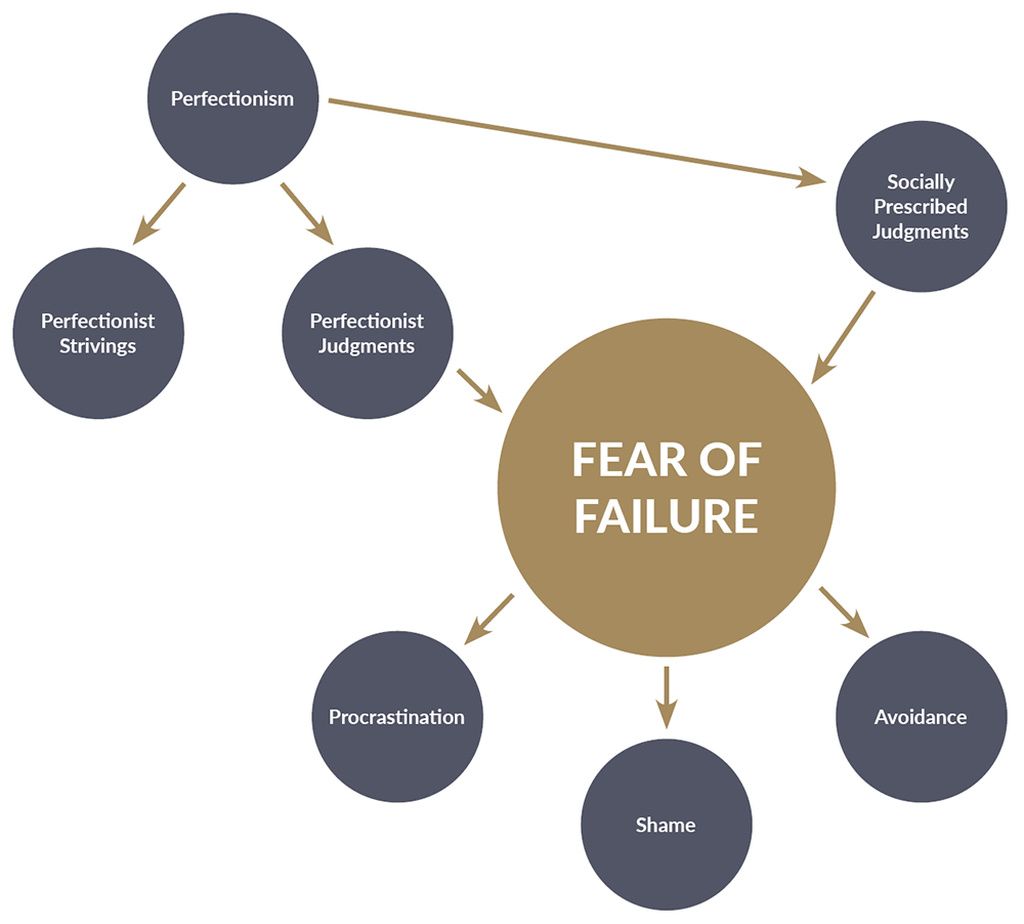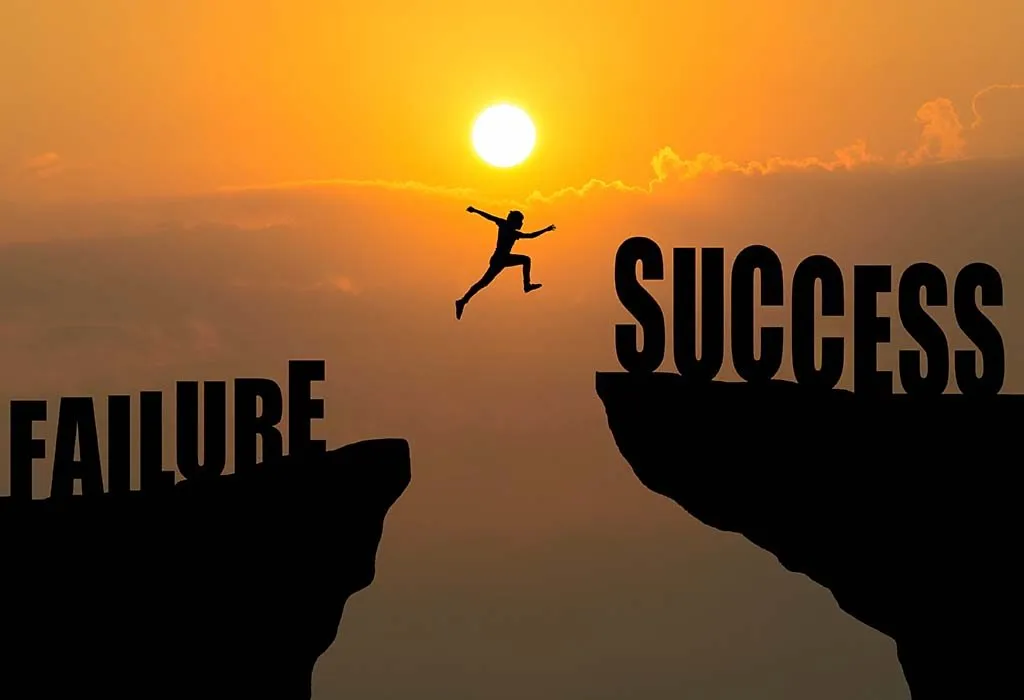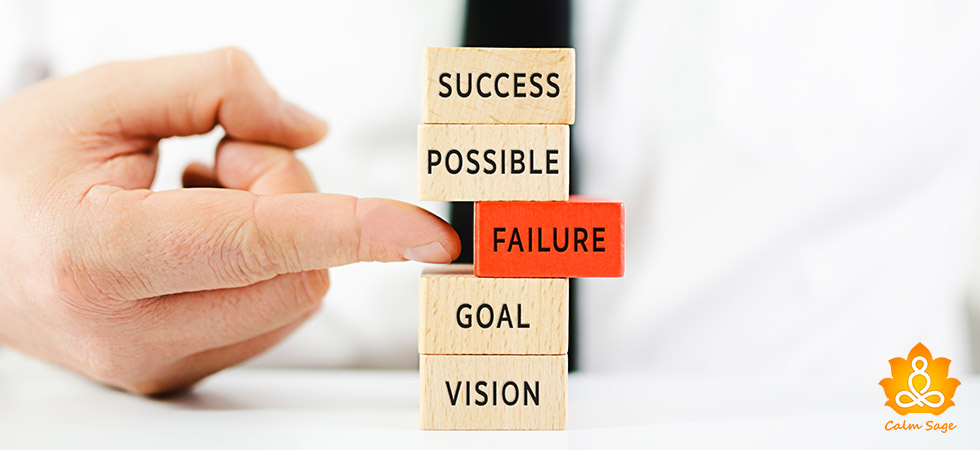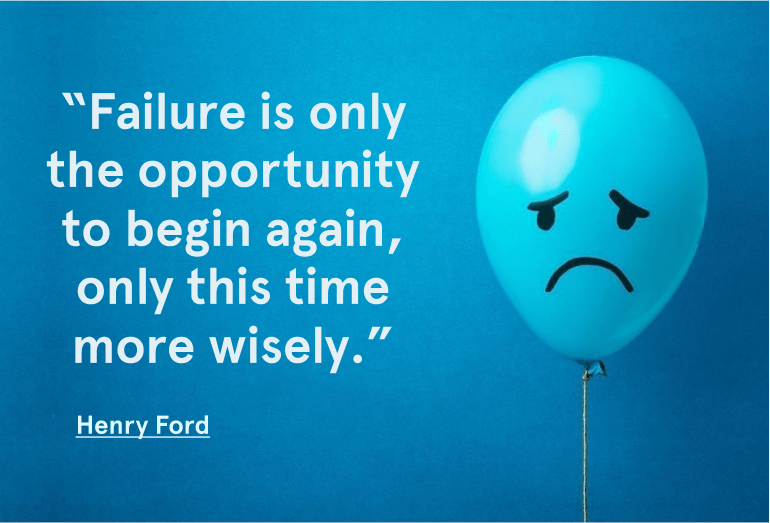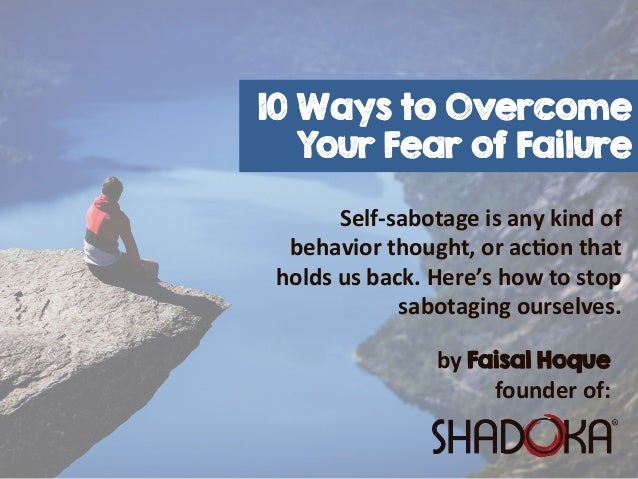How To Stop Fearing Failure
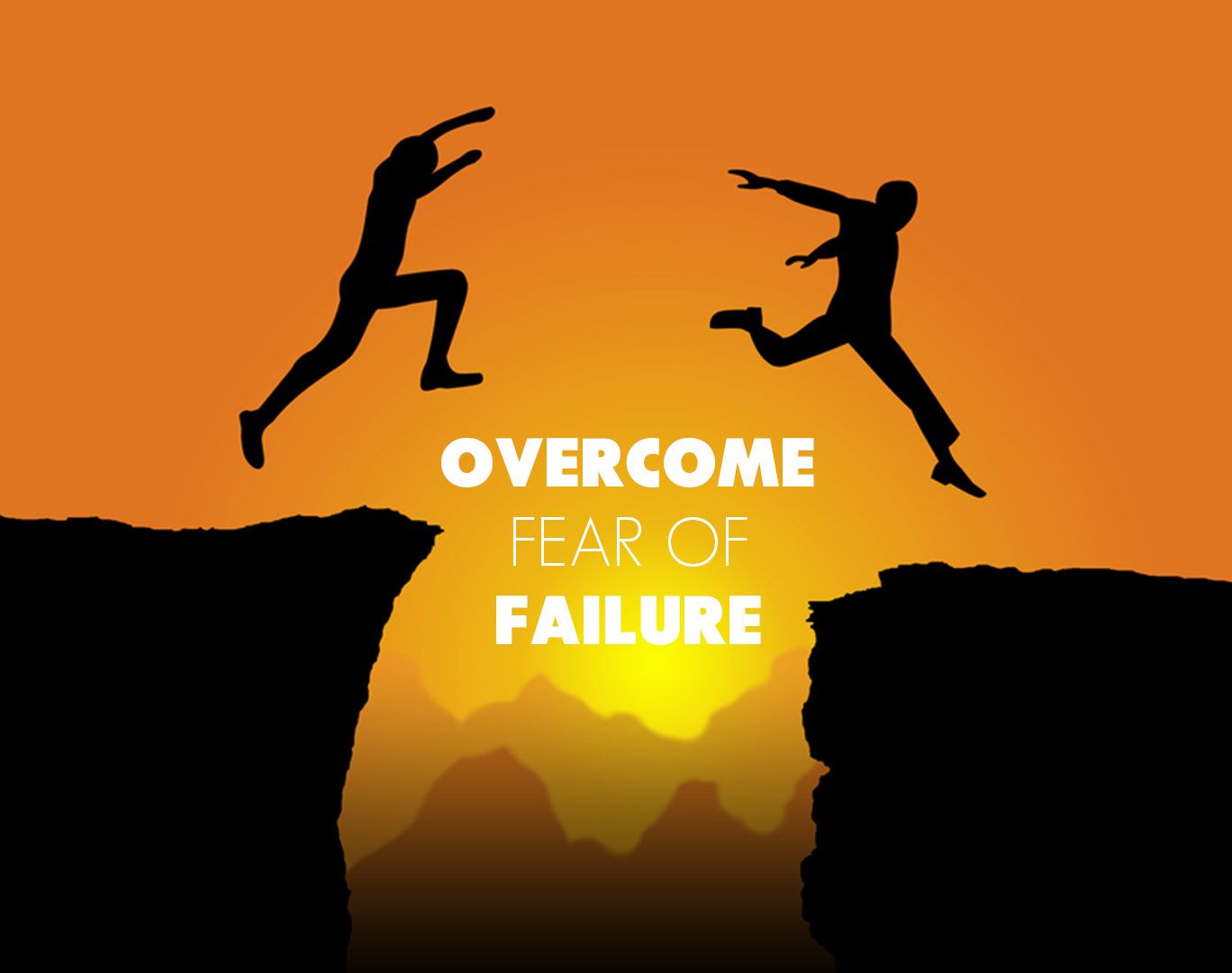
Are you paralyzed by the thought of not succeeding? Does the fear of a misstep keep you from even trying? You're not alone. For value-conscious individuals, the fear of failure can be particularly debilitating, impacting career moves, investment decisions, and even personal relationships.
This article is designed for you – the pragmatic person who seeks tangible solutions and measurable improvements. We'll dissect the anatomy of fear, explore practical strategies for overcoming it, and ultimately, empower you to embrace risk as a stepping stone to success.
Understanding the Fear of Failure
The fear of failure, also known as atychiphobia, isn't merely disappointment; it's a deep-seated anxiety rooted in various factors. Societal pressures, past experiences, and perfectionistic tendencies all contribute to this paralyzing emotion. Recognizing the source of your fear is the first step toward conquering it.
Many perceive failure as a reflection of their self-worth, leading to avoidance behaviors. They might procrastinate, shy away from challenges, or settle for mediocrity rather than risk falling short of expectations. However, this avoidance only reinforces the fear and limits potential growth.
Strategies for Conquering Your Fears
Fortunately, overcoming the fear of failure is possible with a conscious and consistent effort. Several strategies can help reshape your mindset and build resilience.
Reframing Failure
Shift your perspective: view failure as a learning opportunity, not a personal indictment. Each setback provides valuable insights, enabling you to refine your approach and improve your future performance. Embrace the idea that failure is an integral part of the learning process.
Consider this analogy: a scientist conducts numerous experiments, most of which yield negative results. Yet, each failed experiment contributes to their understanding and ultimately leads them closer to a breakthrough.
Setting Realistic Goals
Break down large, daunting goals into smaller, more manageable steps. This approach not only makes the overall objective less intimidating but also provides a sense of accomplishment as you progress. Celebrate each milestone along the way.
Avoid setting impossibly high standards, which inevitably lead to disappointment. Focus on achievable goals that align with your skills and resources. Remember, progress, not perfection, is the key.
Practicing Self-Compassion
Treat yourself with the same kindness and understanding you would offer a friend facing a similar situation. Avoid self-criticism and negative self-talk. Acknowledge your efforts and celebrate your strengths, even when things don't go as planned.
Self-compassion fosters resilience and helps you bounce back from setbacks more quickly. It reminds you that you are human, and everyone makes mistakes.
Developing a Growth Mindset
Embrace the belief that your abilities and intelligence can be developed through dedication and hard work. A growth mindset empowers you to view challenges as opportunities for growth rather than threats to your ego.
Individuals with a growth mindset are more likely to persist in the face of obstacles and view effort as a path to mastery. They understand that intelligence is not fixed but rather a muscle that can be strengthened through practice.
Product Shortlist: Tools for Overcoming Fear
Here's a curated list of resources, categorized by budget and focus, to help you conquer your fear of failure:
- Budget-Friendly (Under $50): "Mindset: The New Psychology of Success" by Carol S. Dweck (book on developing a growth mindset). Headspace or Calm app subscriptions (guided meditation for anxiety reduction).
- Mid-Range ($50-$200): Online course on resilience and emotional intelligence (e.g., via Coursera or Udemy). Journal and pen set for practicing self-reflection and gratitude.
- Premium ($200+): One-on-one coaching with a certified life coach or therapist. Personalized leadership development program.
Detailed Reviews
Let's take a closer look at two popular options:
"Mindset: The New Psychology of Success" by Carol S. Dweck
Description: A groundbreaking book that explores the power of a growth mindset in achieving success in all areas of life.
Pros: Backed by extensive research, provides practical strategies for cultivating a growth mindset, and offers real-world examples.
Cons: Can be somewhat repetitive; requires active engagement to implement the principles.
Online Course on Resilience and Emotional Intelligence (Coursera)
Description: A comprehensive online course that teaches practical skills for building resilience, managing emotions, and bouncing back from setbacks.
Pros: Offers a structured learning experience, includes interactive exercises and quizzes, and provides access to a community of learners.
Cons: Requires a significant time commitment; may not be suitable for individuals who prefer self-paced learning.
Specs & Performance
Note: These "performance scores" are subjective ratings based on the effectiveness of each resource in addressing the fear of failure.
| Product | Price | Accessibility | Practicality | Impact on Mindset | Overall Score |
|---|---|---|---|---|---|
| "Mindset" Book | $15 | High | Medium | High | 8/10 |
| Coursera Course | $79 | Medium | High | High | 9/10 |
Practical Considerations
Before investing in any resource, consider your individual needs and learning style. Do you prefer self-paced learning or a structured environment? Are you looking for theoretical knowledge or practical skills? Acknowledge your preferences and adjust accordingly.
Also, remember that overcoming the fear of failure is an ongoing process, not a one-time fix. Be patient with yourself, celebrate your progress, and don't be afraid to seek support when needed.
Key Takeaways
Conquering the fear of failure requires a shift in mindset and a willingness to embrace risk as an opportunity for growth. Reframing failure, setting realistic goals, practicing self-compassion, and cultivating a growth mindset are essential strategies.
Several resources, ranging from books to online courses to coaching, can support you on your journey. Choose the options that best align with your needs and budget. Evaluate the available resources and decide on the best fit.
Call to Action
Don't let the fear of failure hold you back from achieving your full potential. Start today by implementing one of the strategies discussed in this article. Invest in a resource that resonates with you and commit to taking action. Embrace the journey, learn from your mistakes, and never give up on your dreams.
Frequently Asked Questions (FAQ)
Q: Is it possible to completely eliminate the fear of failure?
A: While eliminating fear entirely may not be realistic, you can significantly reduce its impact on your life. By developing a resilient mindset and adopting healthy coping mechanisms, you can learn to manage your fear and prevent it from paralyzing you.
Q: What if I've experienced repeated failures in the past?
A: Past failures can be painful, but they don't define your future. Use these experiences as opportunities to learn and grow. Identify the patterns that led to your setbacks and develop strategies to avoid repeating them.
Q: How can I deal with the judgment of others when I fail?
A: Focus on your own progress and growth, rather than external validation. Remember that everyone makes mistakes, and those who judge you harshly are likely projecting their own insecurities.
Q: What is the most important thing to remember when facing the fear of failure?
A: That you are capable and resilient. Believe in your ability to overcome challenges and learn from your mistakes. Your growth is more important than your fear.
